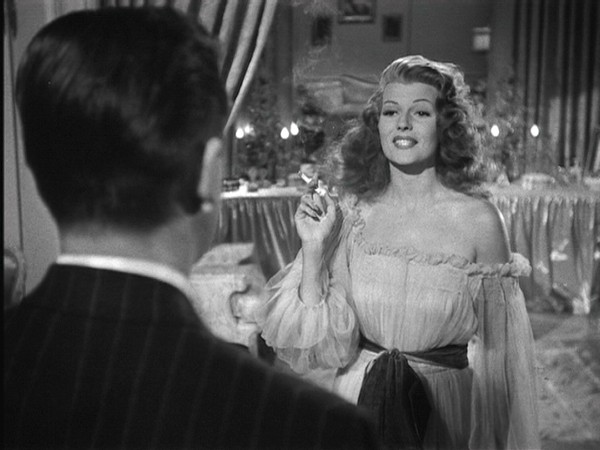I Married a Witch
There is some fuzzy plotting, but some very funny dialogue and top-notch performances by the stars make the 1942 romantic comedy I Married a Witch sparkling entertainment that had me completely captivated.

Jennifer is a witch from the 17th century who was burned at the stake by a Jonathan Wooley. A bolt of lightening releases the souls of Jennifer and her father, Daniel from their earthly prison ( a gigantic tree) and they manage to locate the most recent descendant of Wooley, a gubernatorial candidate named Wallace, whose family has had a curse placed on them by Jennifer's family. Jennifer decides to ruin Wallace's life by breaking up his upcoming wedding by having Wallace fall in love with her, with the aid of a love potion, but Jennifer ends up consuming the potion instead.

The screenwriters had a really terrific idea here but the story gets a little sketchy at times. I don't understand how getting drunk would make Daniel lose his powers nor do I understand why he completely turns on his daughter during the final act. It was also confusing the way Wallace develops feelings for Jennifer even though she's the one who takes the love potion. It was also odd that after everything she did to get Wallace, she was willing to give him up when it meant losing her powers. These are minor nitpicks that didn't really cloud the real joy of this movie.
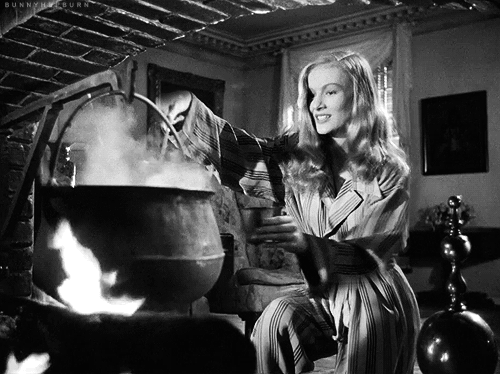
The real joy of this movie was some extremely clever dialogue, some pretty neat visual effects for 1942, and the delicious performances by the stars. Loved when Daniel was told he might get a hangover and he bellowed, "Don't tell me what I've got! I invented the hangover!". Loved watching Jennifer sliding up and down the fancy banister and trying to start a fire. There was also an adorable moment when her broom walked over to Jennifer and she told the broom, no thank you I don't want to leave now.

The casting of the ethereal Veronica Lake in the role of Jennifer was a perfect marriage of actress and character. Like one of her contemporaries Carole Lombard, Lake was a deadly combination of sexy and funny that was totally irresistible. Lake appears to really be having a ball in this role. Fredric March once again documents his uncanny versatility with his loopy Wallace. Cecil Kellaway steals every scene he's in as Jennifer's loopy warlock father and a young Susan Hayward impresses in an early role as Wallace's bitchy fiancee.
Needless to say, this film was a partial inspiration for the classic 1960's sitcom Bewitched. In that show, however, the mortal and the witch fell in love without witchcraft, which was the central theme of this movie, that love is better than witchcraft. Lovers of classic cinema and of Bewitched should eat this one up.
There is some fuzzy plotting, but some very funny dialogue and top-notch performances by the stars make the 1942 romantic comedy I Married a Witch sparkling entertainment that had me completely captivated.

Jennifer is a witch from the 17th century who was burned at the stake by a Jonathan Wooley. A bolt of lightening releases the souls of Jennifer and her father, Daniel from their earthly prison ( a gigantic tree) and they manage to locate the most recent descendant of Wooley, a gubernatorial candidate named Wallace, whose family has had a curse placed on them by Jennifer's family. Jennifer decides to ruin Wallace's life by breaking up his upcoming wedding by having Wallace fall in love with her, with the aid of a love potion, but Jennifer ends up consuming the potion instead.

The screenwriters had a really terrific idea here but the story gets a little sketchy at times. I don't understand how getting drunk would make Daniel lose his powers nor do I understand why he completely turns on his daughter during the final act. It was also confusing the way Wallace develops feelings for Jennifer even though she's the one who takes the love potion. It was also odd that after everything she did to get Wallace, she was willing to give him up when it meant losing her powers. These are minor nitpicks that didn't really cloud the real joy of this movie.

The real joy of this movie was some extremely clever dialogue, some pretty neat visual effects for 1942, and the delicious performances by the stars. Loved when Daniel was told he might get a hangover and he bellowed, "Don't tell me what I've got! I invented the hangover!". Loved watching Jennifer sliding up and down the fancy banister and trying to start a fire. There was also an adorable moment when her broom walked over to Jennifer and she told the broom, no thank you I don't want to leave now.

The casting of the ethereal Veronica Lake in the role of Jennifer was a perfect marriage of actress and character. Like one of her contemporaries Carole Lombard, Lake was a deadly combination of sexy and funny that was totally irresistible. Lake appears to really be having a ball in this role. Fredric March once again documents his uncanny versatility with his loopy Wallace. Cecil Kellaway steals every scene he's in as Jennifer's loopy warlock father and a young Susan Hayward impresses in an early role as Wallace's bitchy fiancee.
Needless to say, this film was a partial inspiration for the classic 1960's sitcom Bewitched. In that show, however, the mortal and the witch fell in love without witchcraft, which was the central theme of this movie, that love is better than witchcraft. Lovers of classic cinema and of Bewitched should eat this one up.
Last edited by Gideon58; 07-25-24 at 04:24 PM.






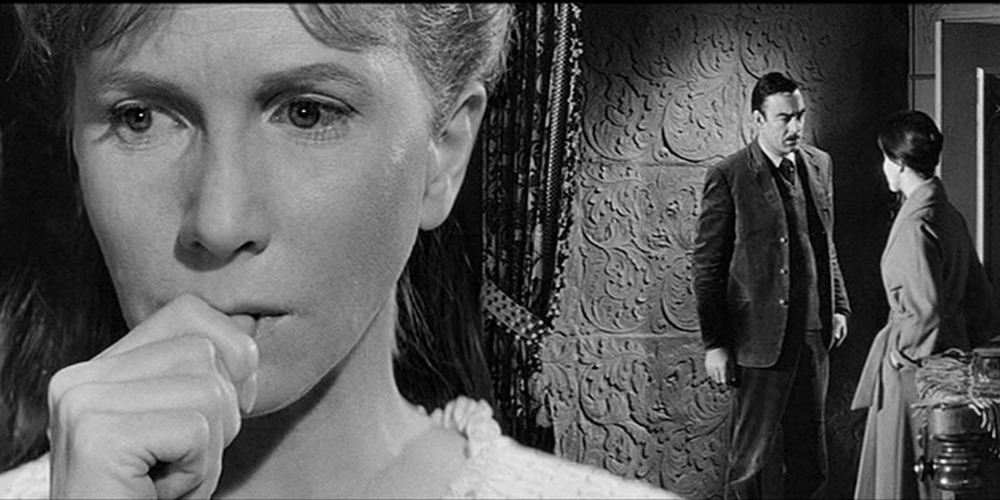





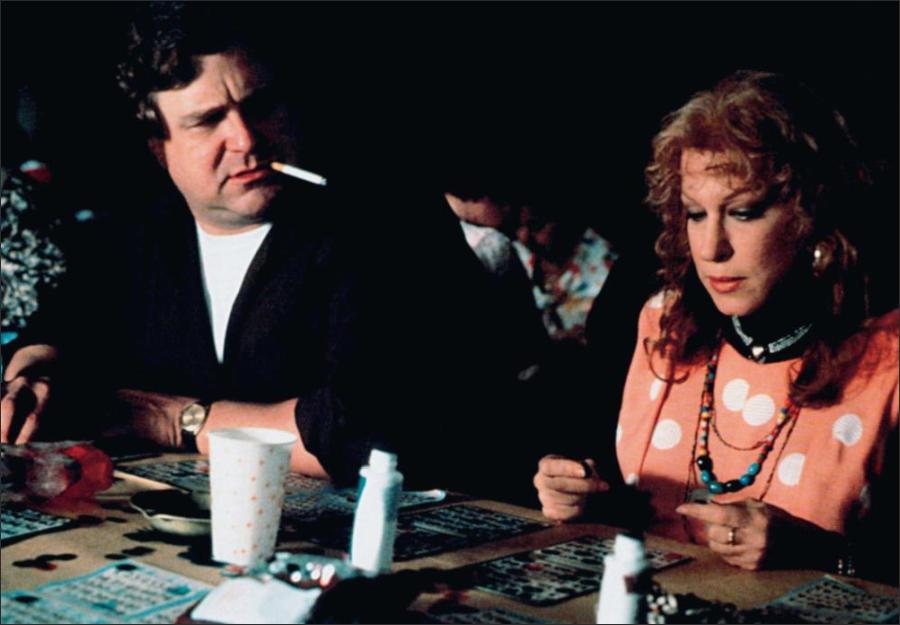
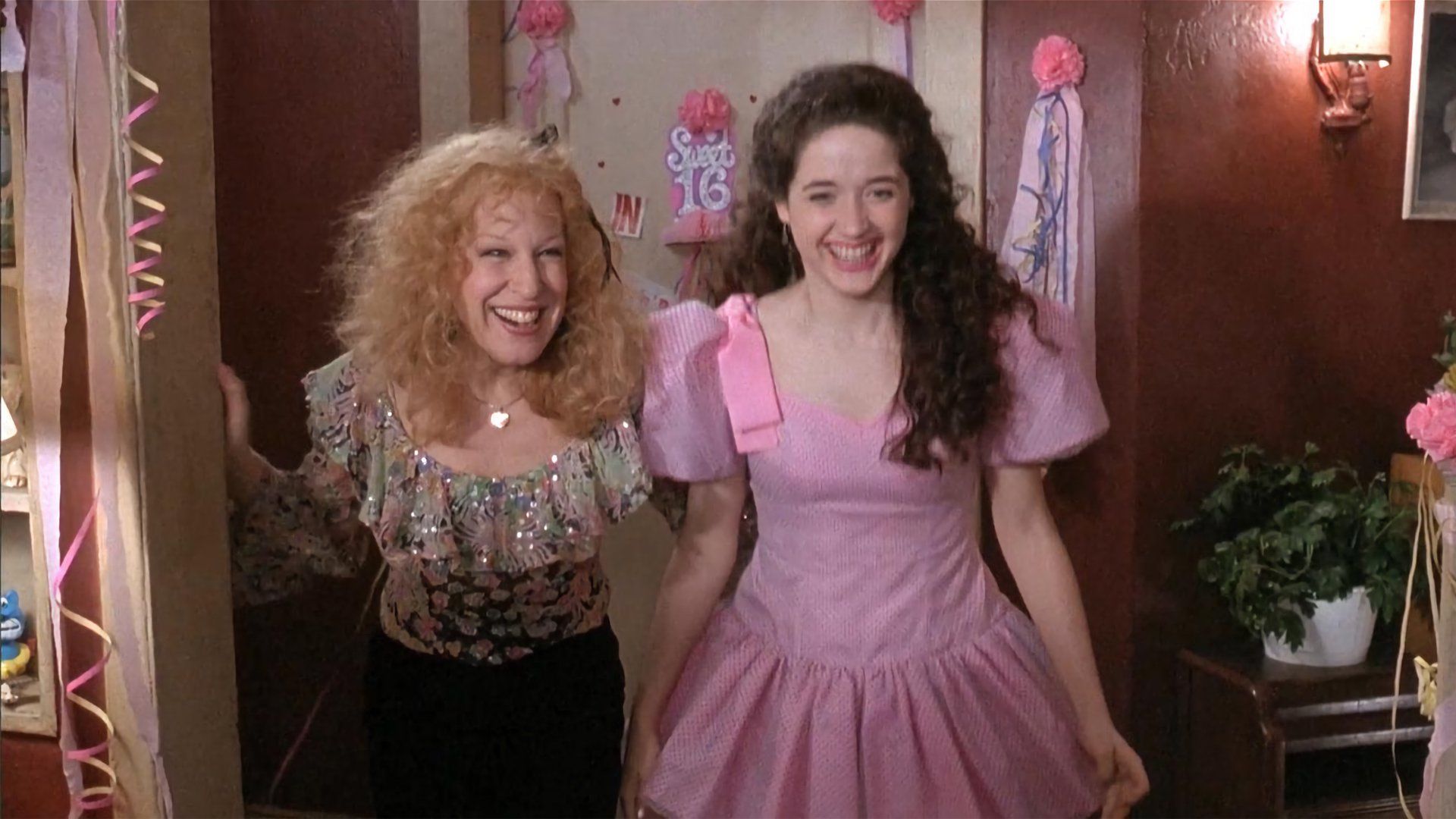


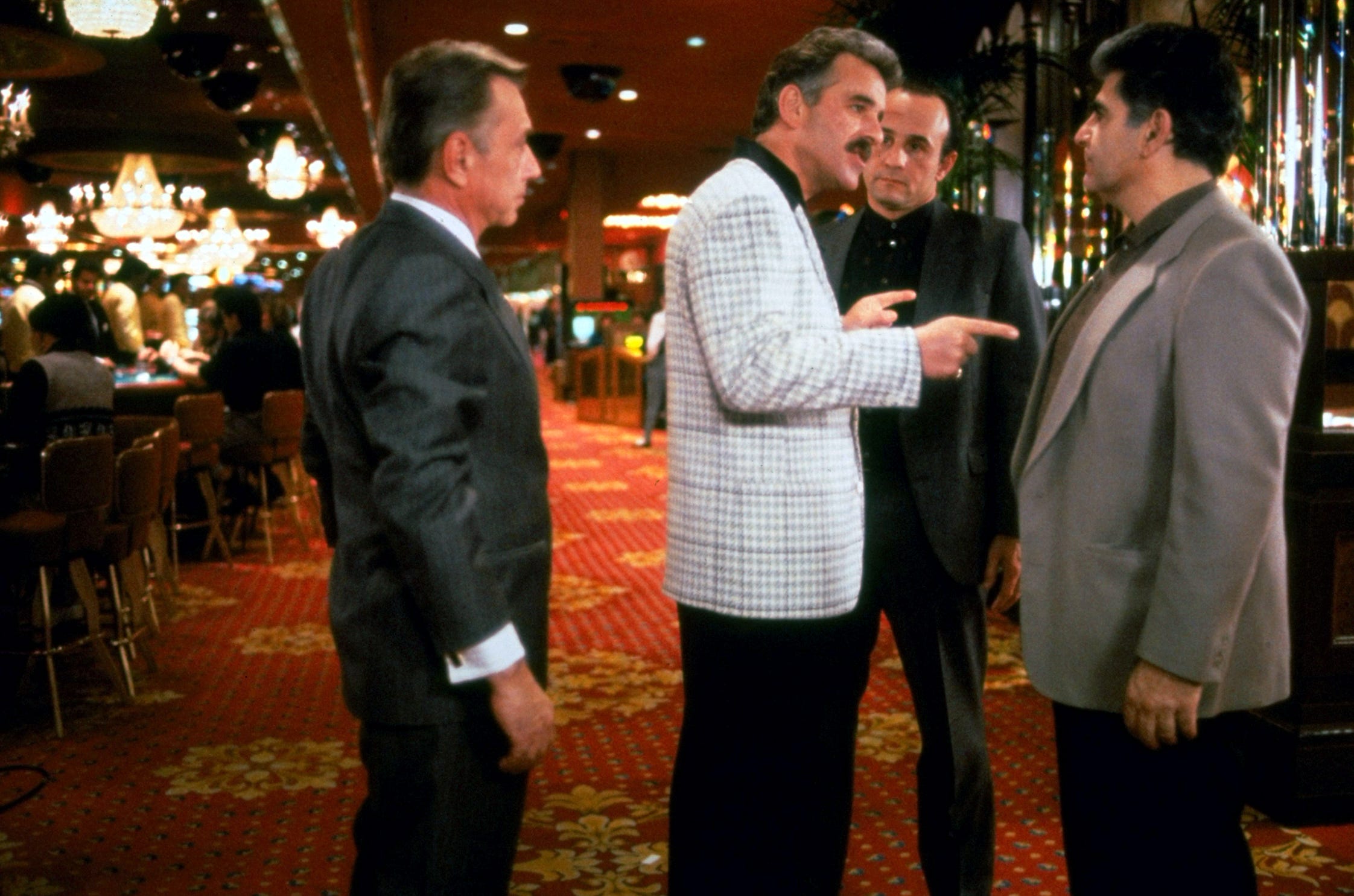
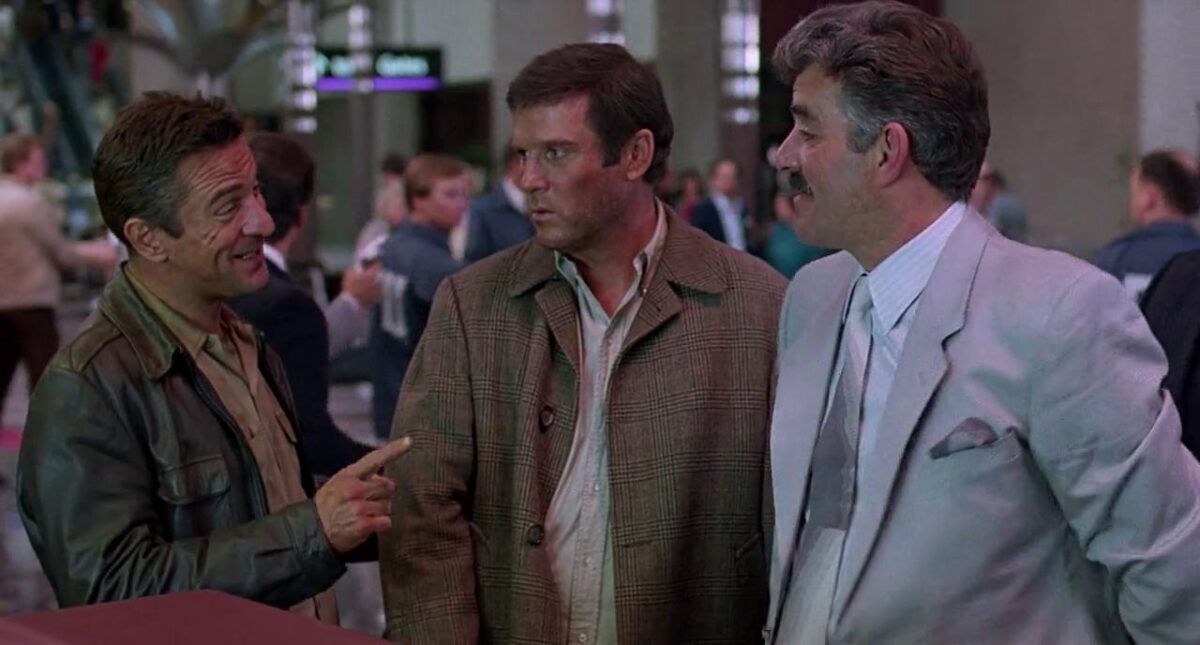
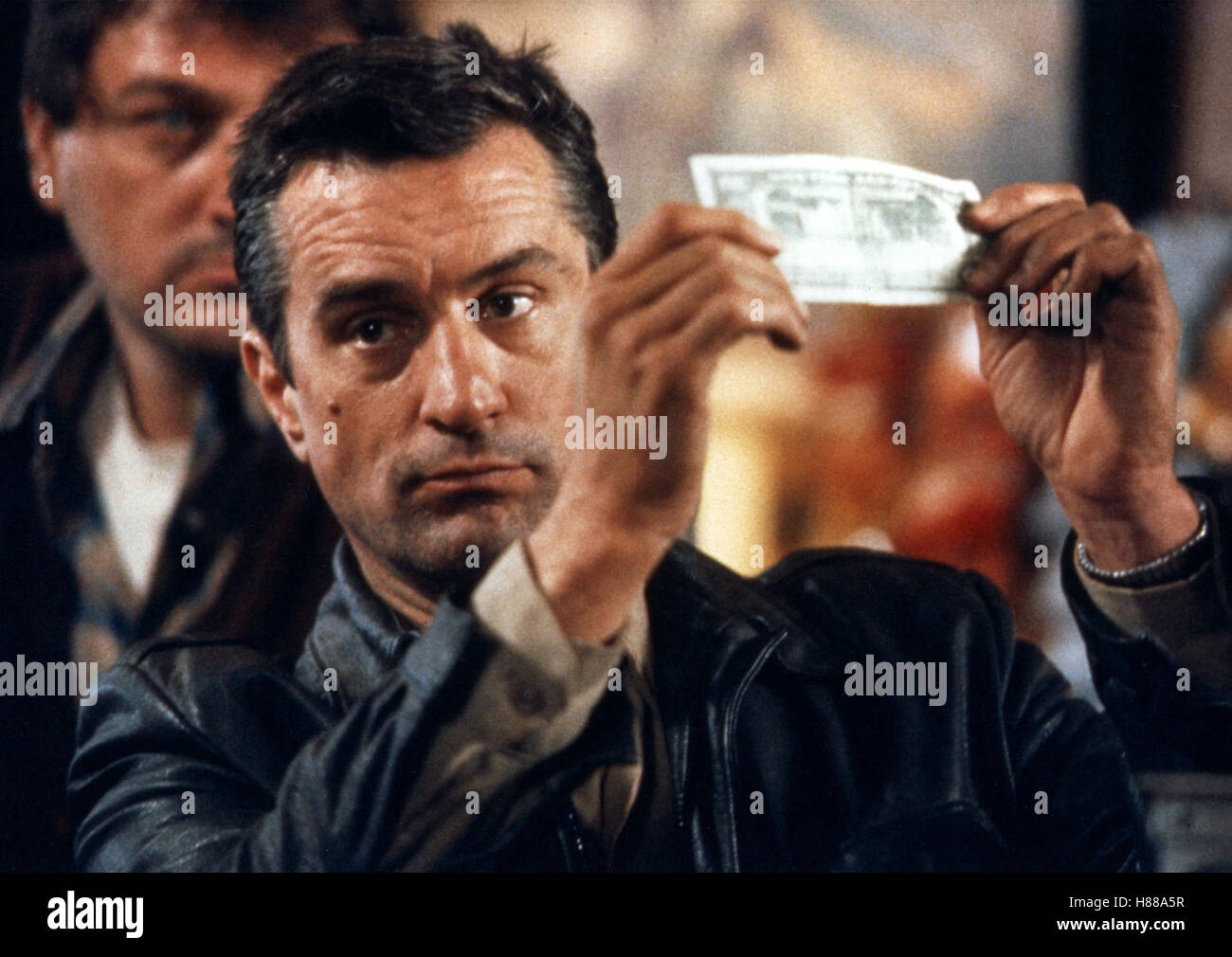
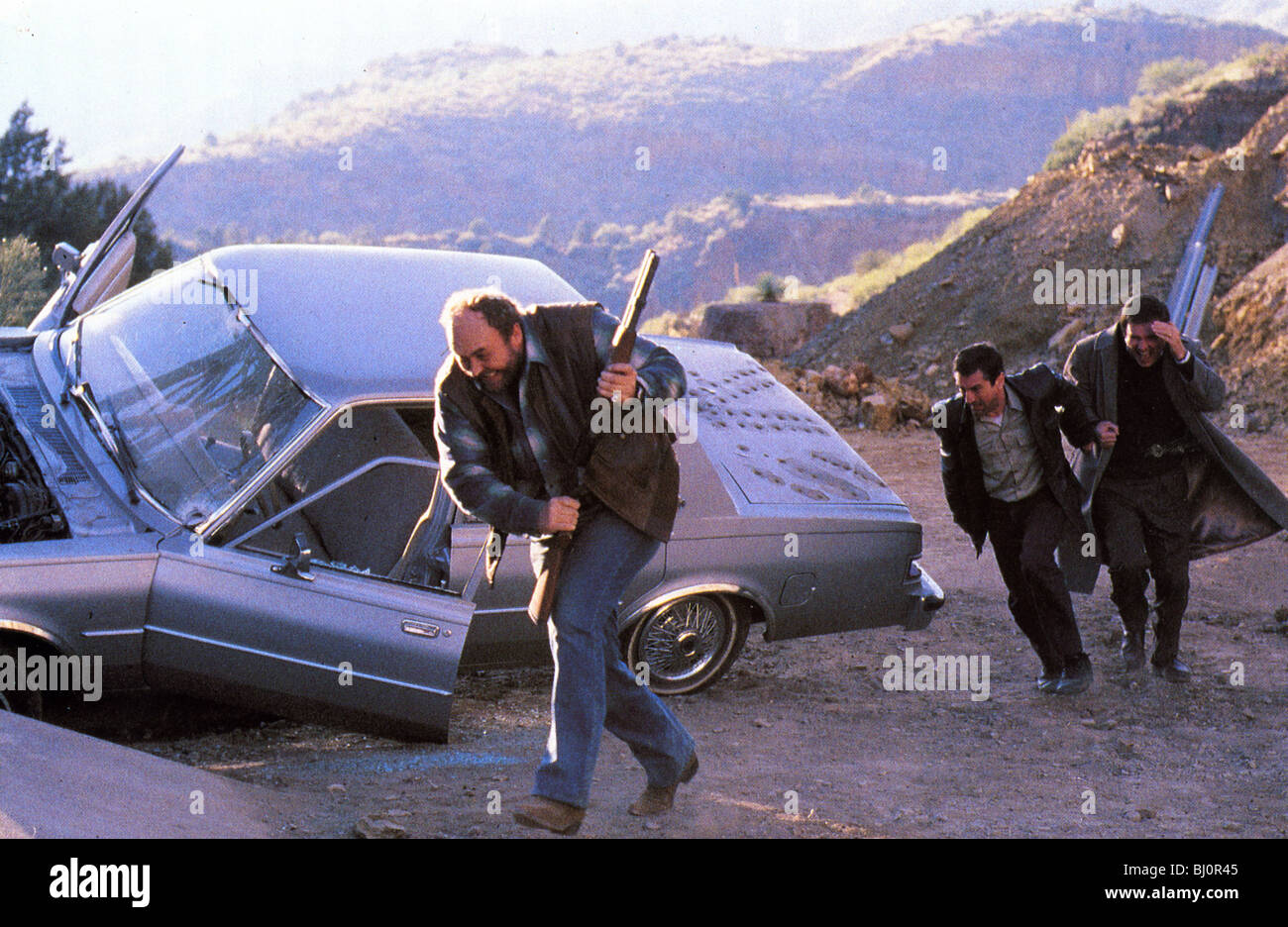
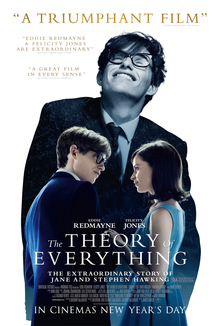




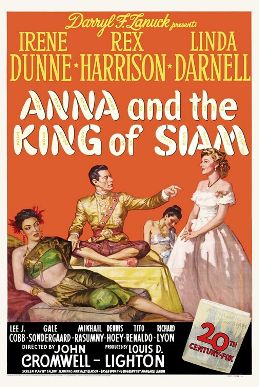

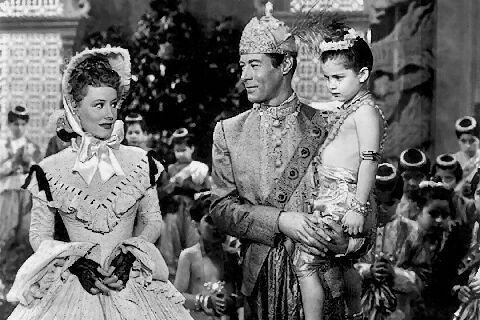
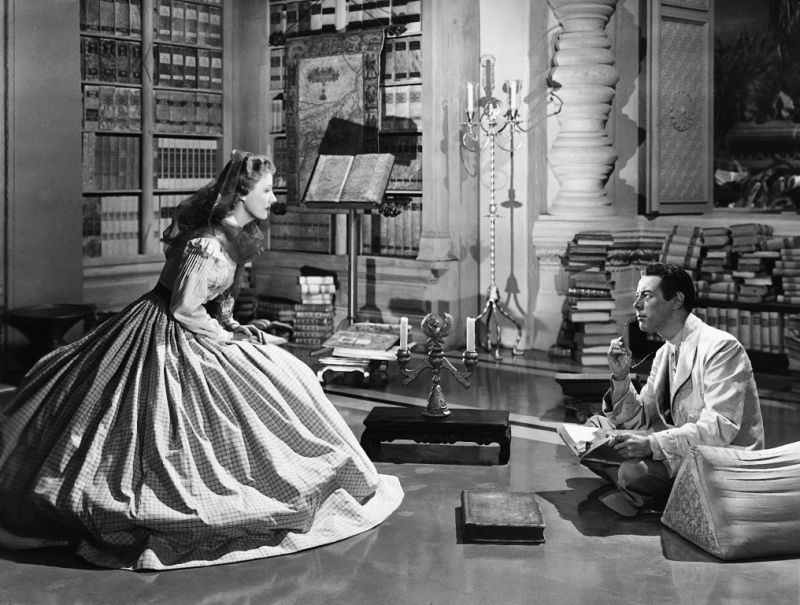


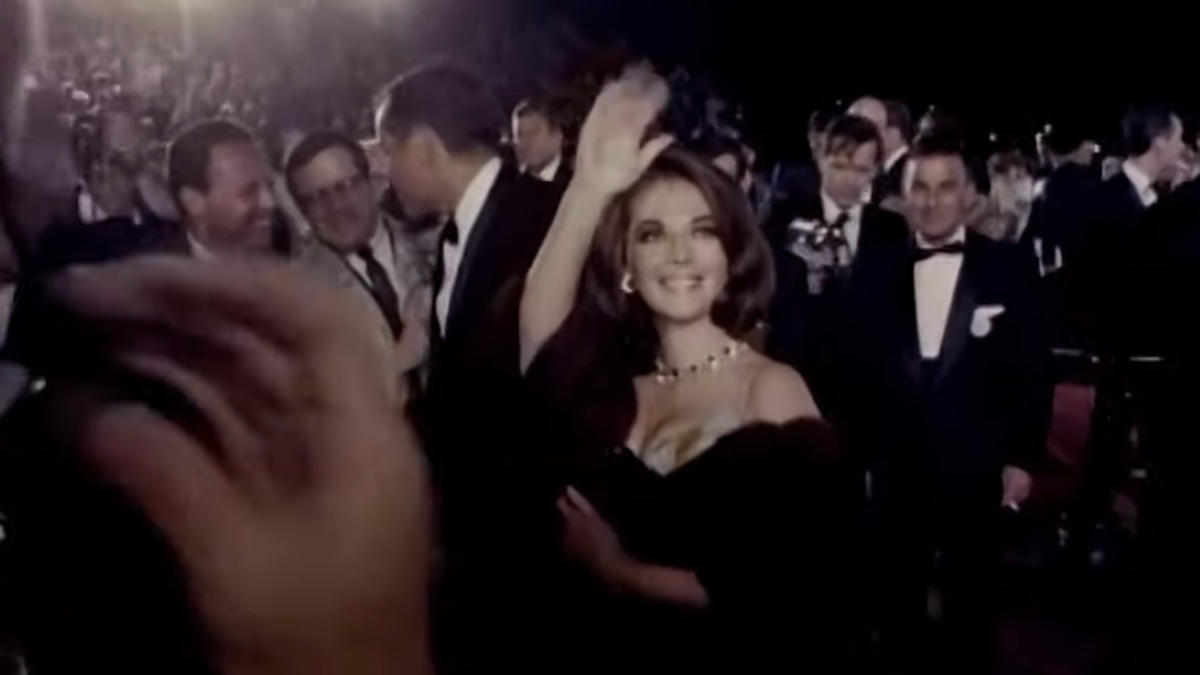
/s3.amazonaws.com/arc-wordpress-client-uploads/sfr/wp-content/uploads/2020/05/08151147/Natalie-Woods.jpg)
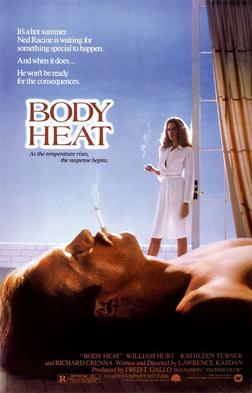
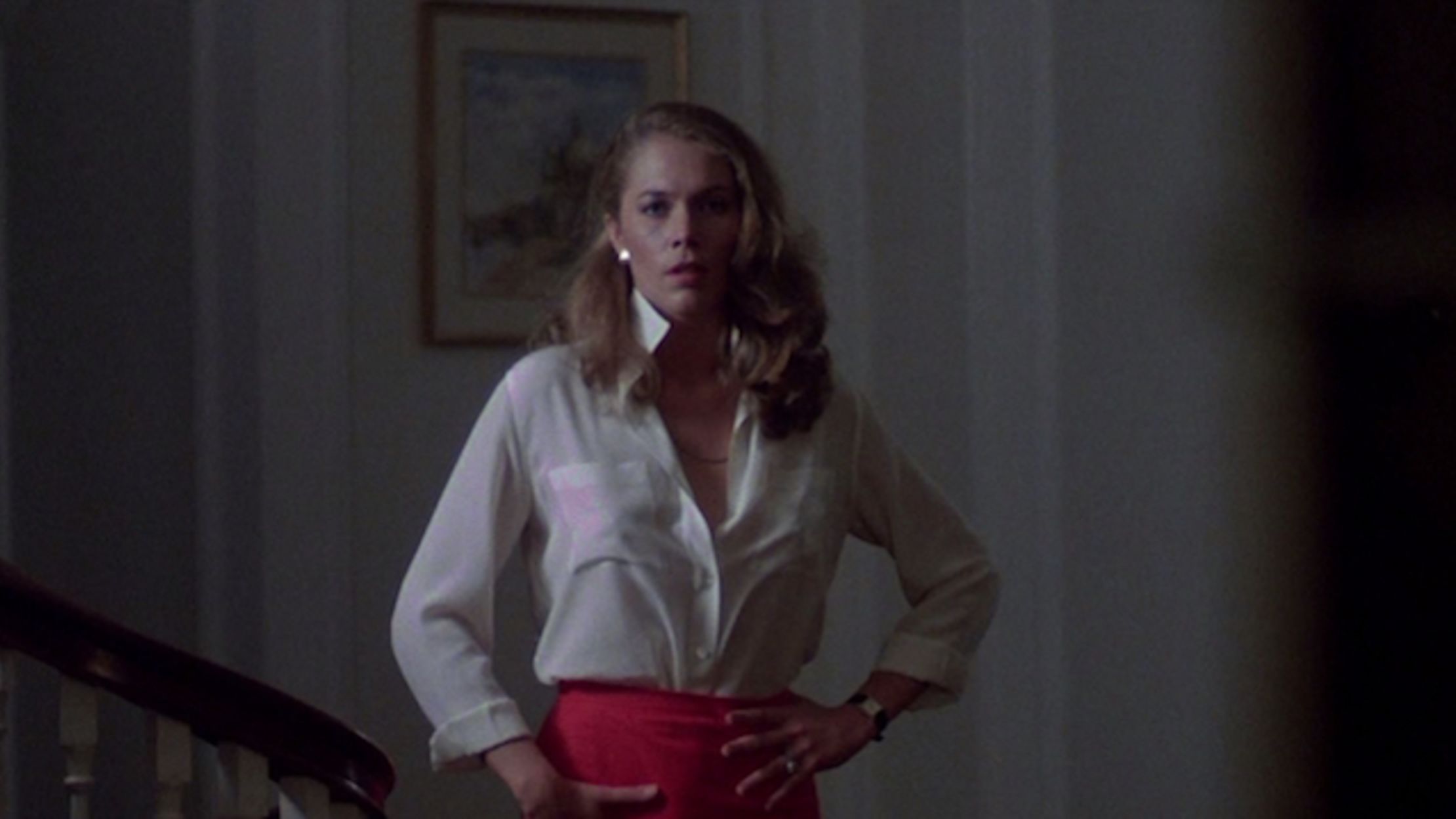
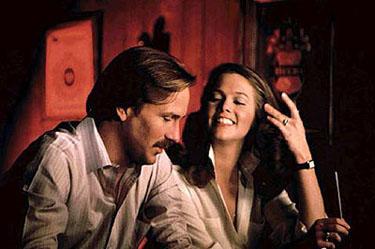

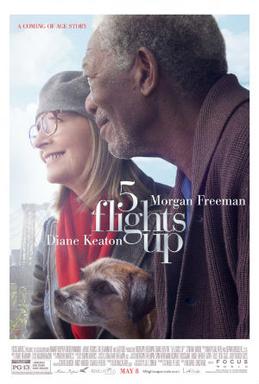


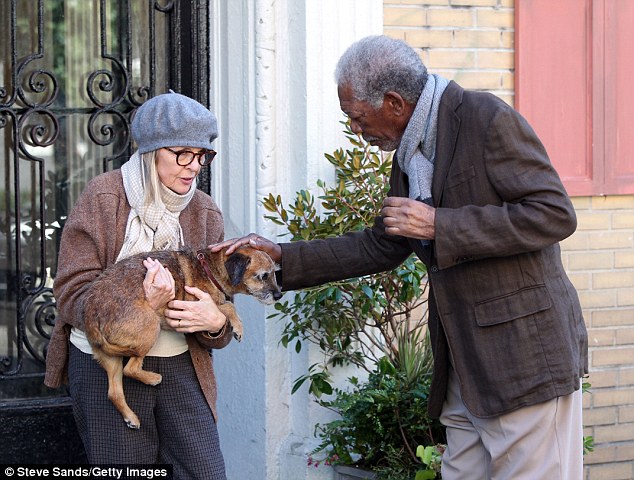

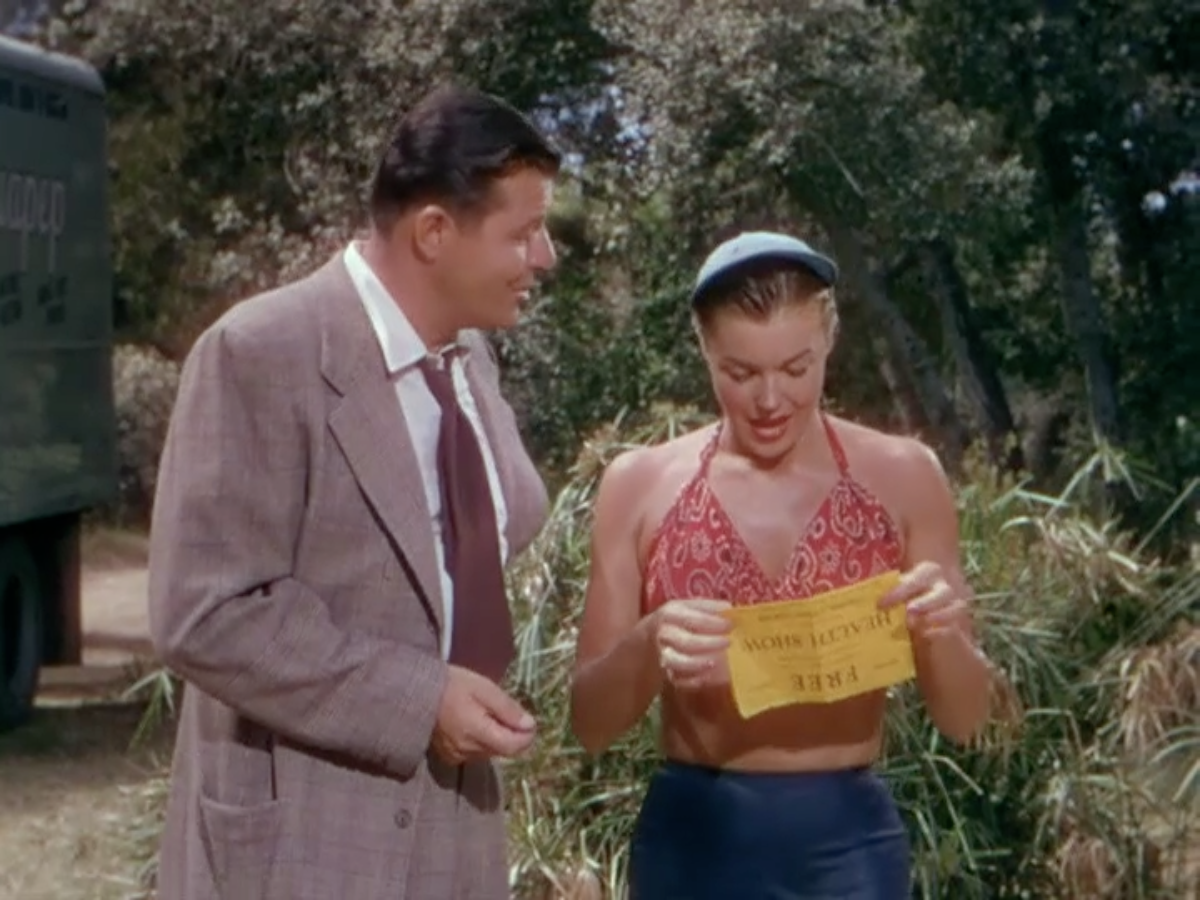





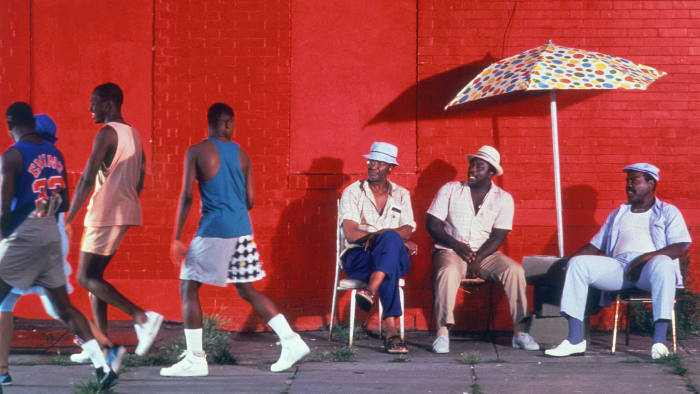








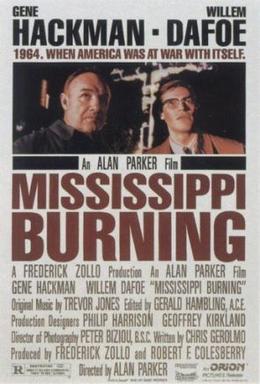



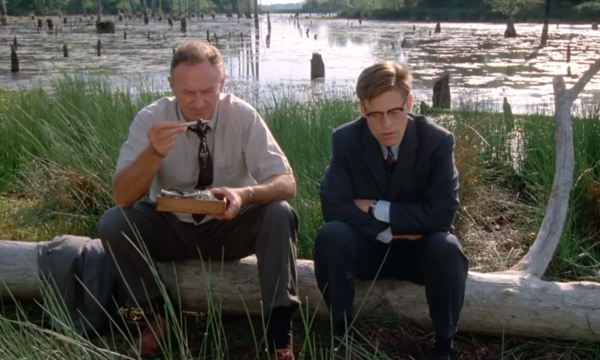







_NRFPT_05.jpg)
